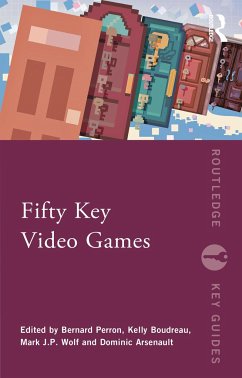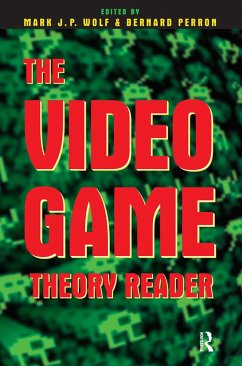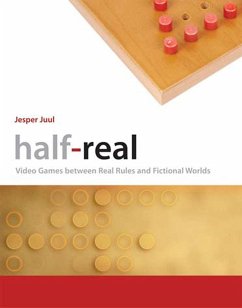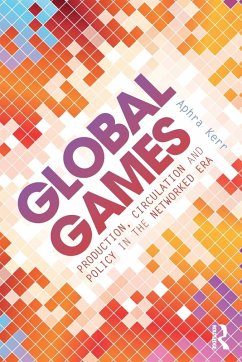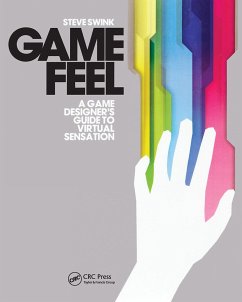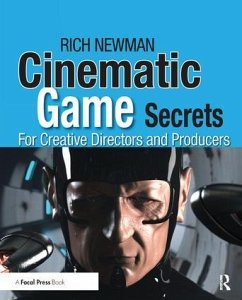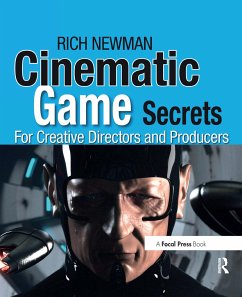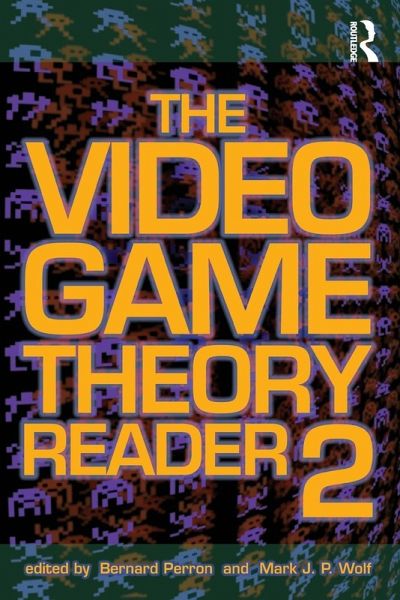
The Video Game Theory Reader 2
Versandkostenfrei!
Versandfertig in 1-2 Wochen
60,99 €
inkl. MwSt.
Weitere Ausgaben:

PAYBACK Punkte
30 °P sammeln!
Addresses contemporary issues such as convergence and MMORPGs. This title features an appendix of nearly 40 ideas and concepts from a variety of theories and disciplines that have been usefully and insightfully applied to the study of video games.





